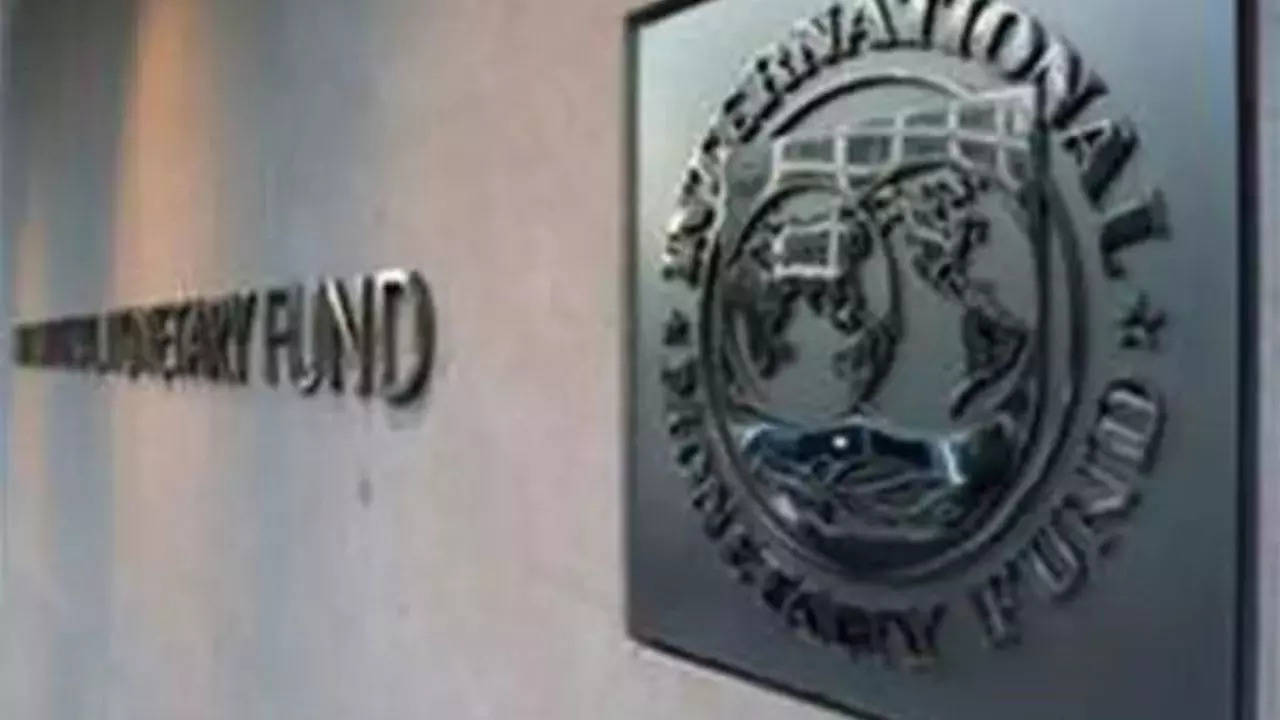COLOMBO: Sri Lanka on Tuesday announced a goods and services tax rise after the International Monetary Fund held back a bailout loan tranche because of its failure to meet revenue targets.
The island nation defaulted on its $46 billion foreign debt last year during an unprecedented economic crisis.
Its government has dramatically hiked taxes and cut generous consumer subsidies to repair its ruined finances in line with an IMF rescue plan.
Government spokesman Bandula Gunawardana said another tax rise was needed after the IMF held back a $330 million loan tranche because Sri Lanka’s tax revenue was still not meeting outlays.
“For us to unblock the next instalment of the loan, we need to raise more revenue,” he told reporters. “There is no other choice.”
Gunawardana said Sri Lanka’s Value Added Tax would be raised from 15 to 18 percent in January to boost state revenue.
Sri Lanka saw months of food, fuel and medicine shortages at the peak of last year’s crisis, when the country ran out of foreign exchange to finance essential imports.
Months of protests forced then-president Gotabaya Rajapaksa to temporarily flee the country and resign.
Last month, the IMF said it had reached an agreement with Sri Lanka to disburse the second tranche of its $2.9 billion loan plan.
The release of the funds is subject to approval by its executive board, which has not yet been granted.
“The authorities remain committed to the ambitious reform agenda… and their reform efforts have been commendable,” IMF said in a statement.
They noted Sri Lanka’s “rapid” drop in inflation, from 70 percent in September last year to just 1.3 percent by September this year.
But the Washington-based lender of last resort has also cautioned that Sri Lanka’s “full economic recovery is not yet assured”.
The island nation defaulted on its $46 billion foreign debt last year during an unprecedented economic crisis.
Its government has dramatically hiked taxes and cut generous consumer subsidies to repair its ruined finances in line with an IMF rescue plan.
Government spokesman Bandula Gunawardana said another tax rise was needed after the IMF held back a $330 million loan tranche because Sri Lanka’s tax revenue was still not meeting outlays.
“For us to unblock the next instalment of the loan, we need to raise more revenue,” he told reporters. “There is no other choice.”
Gunawardana said Sri Lanka’s Value Added Tax would be raised from 15 to 18 percent in January to boost state revenue.
Sri Lanka saw months of food, fuel and medicine shortages at the peak of last year’s crisis, when the country ran out of foreign exchange to finance essential imports.
Months of protests forced then-president Gotabaya Rajapaksa to temporarily flee the country and resign.
Last month, the IMF said it had reached an agreement with Sri Lanka to disburse the second tranche of its $2.9 billion loan plan.
The release of the funds is subject to approval by its executive board, which has not yet been granted.
“The authorities remain committed to the ambitious reform agenda… and their reform efforts have been commendable,” IMF said in a statement.
They noted Sri Lanka’s “rapid” drop in inflation, from 70 percent in September last year to just 1.3 percent by September this year.
But the Washington-based lender of last resort has also cautioned that Sri Lanka’s “full economic recovery is not yet assured”.






